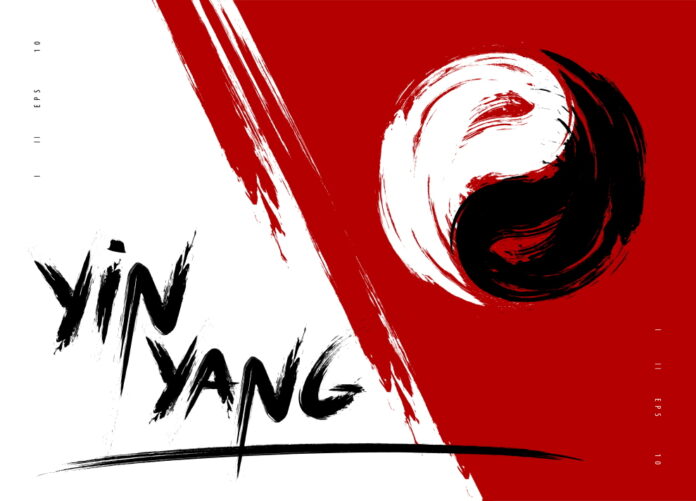By Simon Kim, L.Ac., Korea Han Spirit Institute
Some Yinyang Wuxing nexus display “social order” due to shared characteristics mutually prehended. This mutual prehension of shared characteristics promotes intensity in the nexus. Whitehead called these nexus with social order societies and described four major kinds of society: enduring objects, corpuscular societies, structured societies, and living societies.
Given this nesting of societies, one within the other, in Whitehead’s view of the world, one could say that the universe is a vast network of experiential entities in relationship with one another. Hence the term panexperientialism (凡經驗主義) has also been used to describe one of the dominant characteristics of Whitehead’s philosophy of organism. (Olav Bryant Smith, « The Social Self of Whitehead’s Organic Philosophy », European Journal of Pragmatism and American Philosophy [Online], II-1 | 2010, Online since 01 July 2010)
A rock is nothing else than a society of molecules, indulging in every species of activity open to molecules. This lowly form of society lasts billions of years. Human beings are a particularly complex society that is an example of a living society. The human body has adjusted over time to changes in the environment, allowing a dominant, personally ordered, enduring object, which we could refer to as the self, to emerge. The self is nested within a relatively friendly environment. With the body, it forms a society. The body is nested within a relatively friendly environment. With this environment, it forms a society. (ibid)
Therefore, the worldview of the two philosophies, Qi philosophy and the philosophy of organism, has to be naturally connected with ecology. Imagine your existence as matters, cells, tissues, organs, soul, and spirit in every phases of organic/ qi societies. They are some kind of societies themselves. Similar world view produces similar concepts as below:
Philosophy of Eastern medicine: Union of Heaven and Earth, Qi, Yinyang, Wuxing, Myriad things
Philosophy of Organism: Pan-experientialism, Actual Entity, Actual Occasion, Nexus, Society
In order to integrate these two philosophies, Eastern medicine and organic philosophy, we can prepare the new publication of the Journal of Qi Society.









































